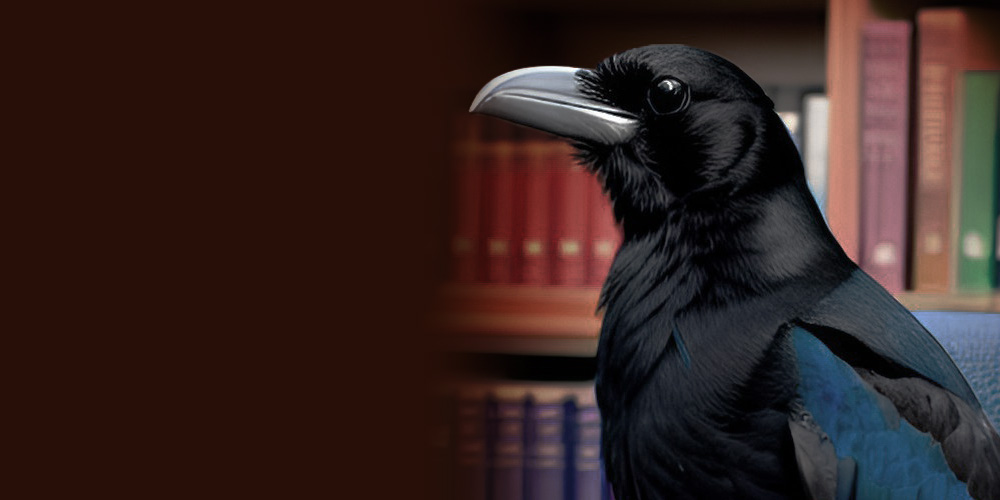Culture is a Ghost with Unfinished Business

During a moment of hysterical creativity within chronic depression, Cat scrawled an idea for a self-help Poe biography on a napkin.

During a moment of hysterical creativity within chronic depression, Cat scrawled an idea for a self-help Poe biography on a napkin.